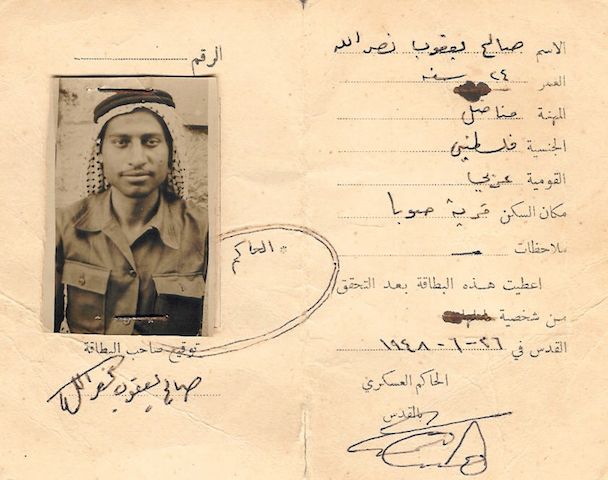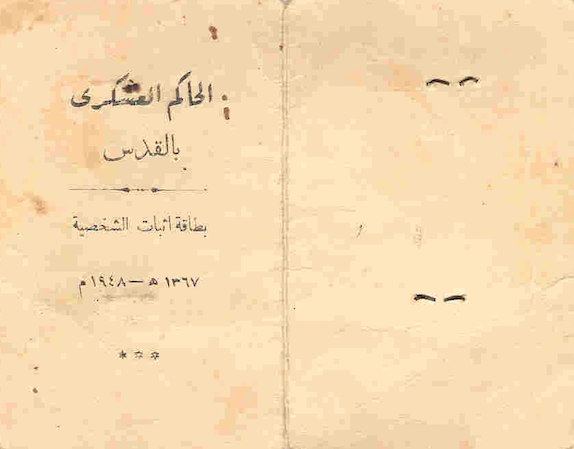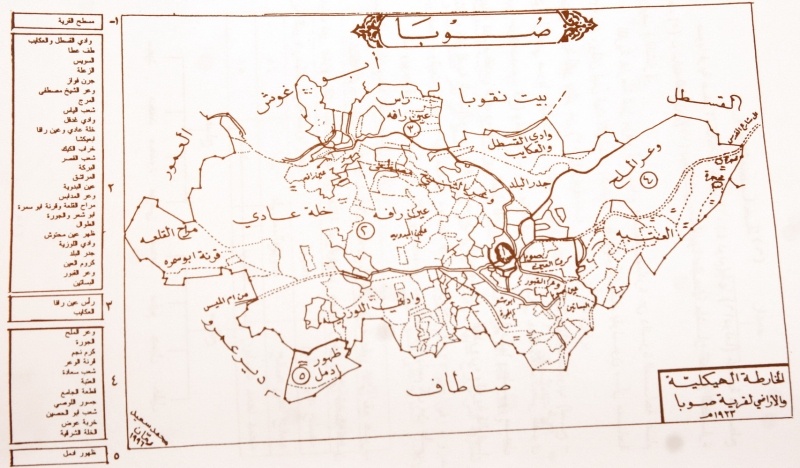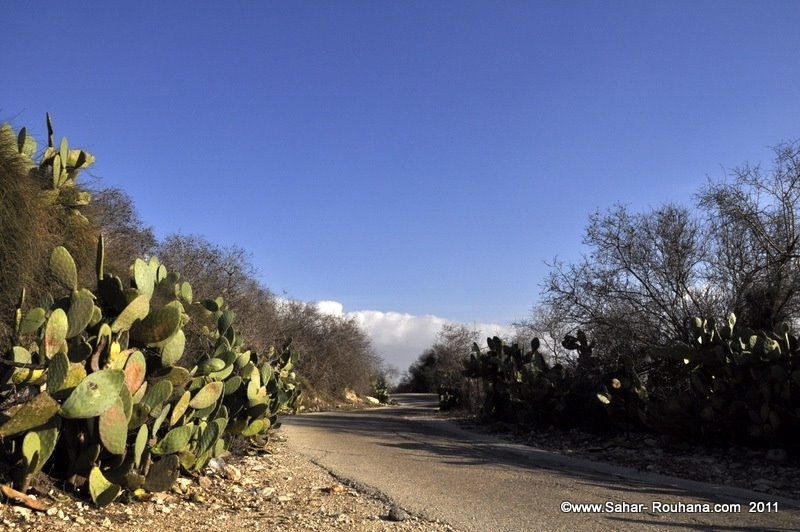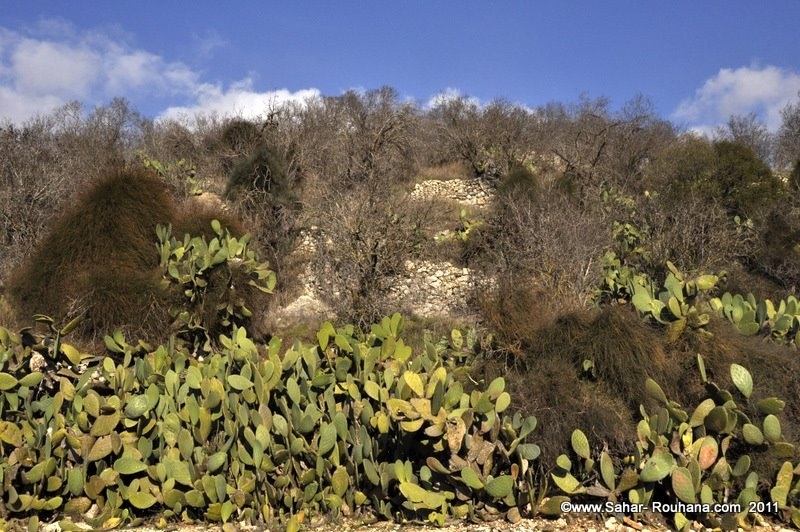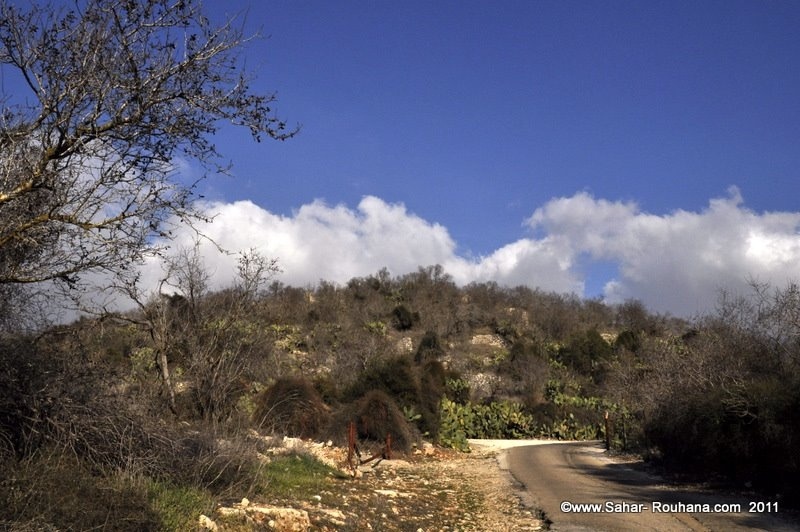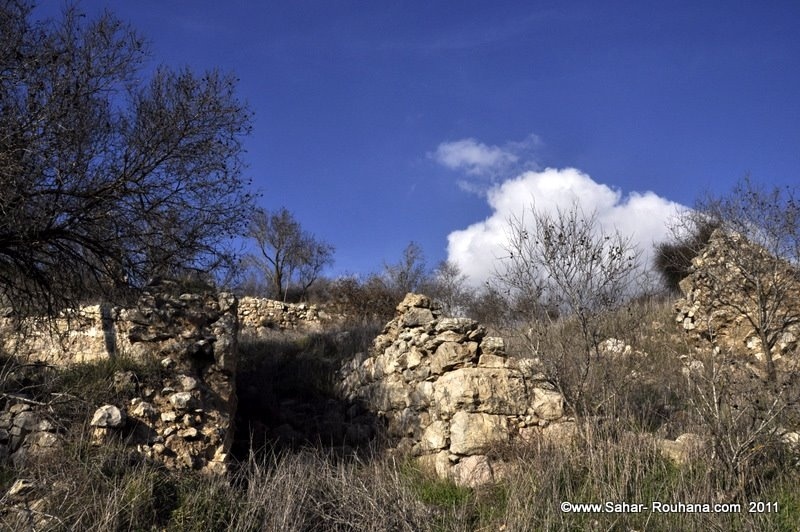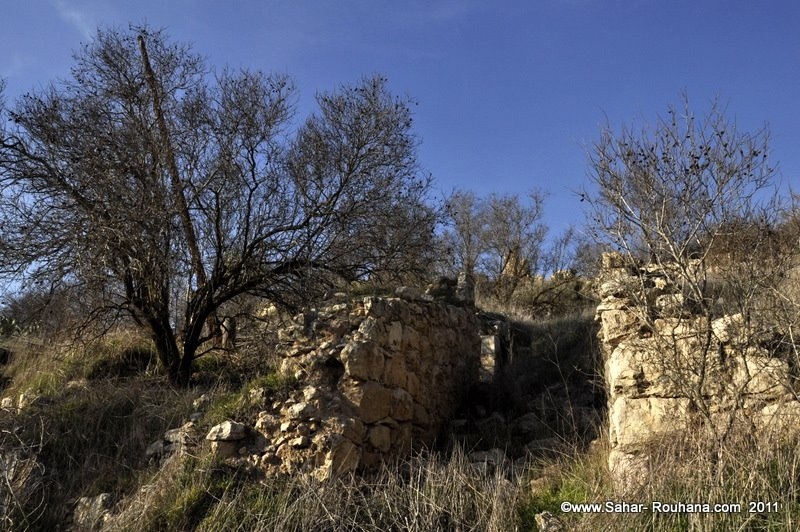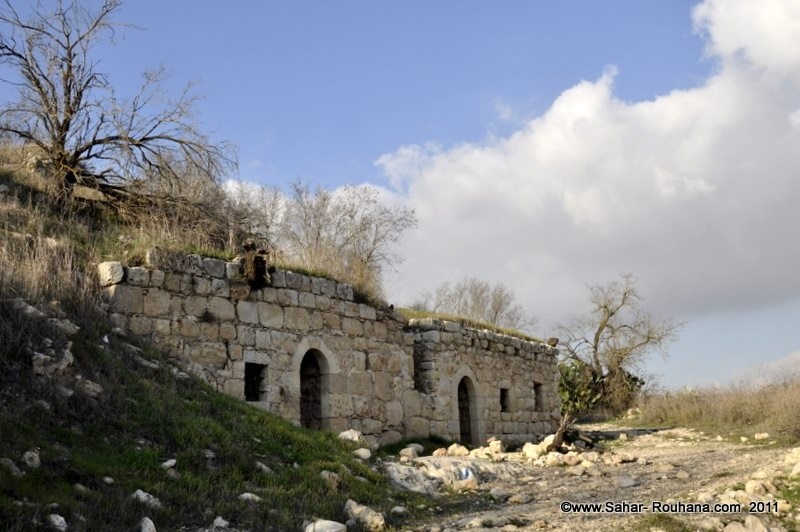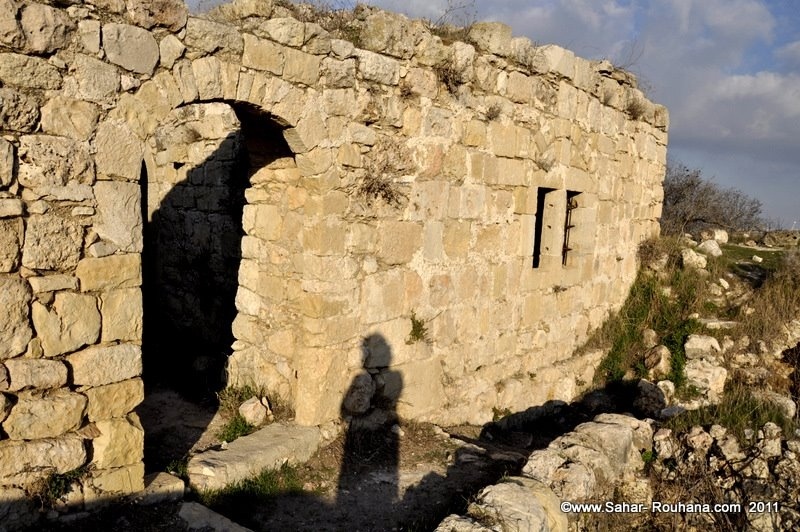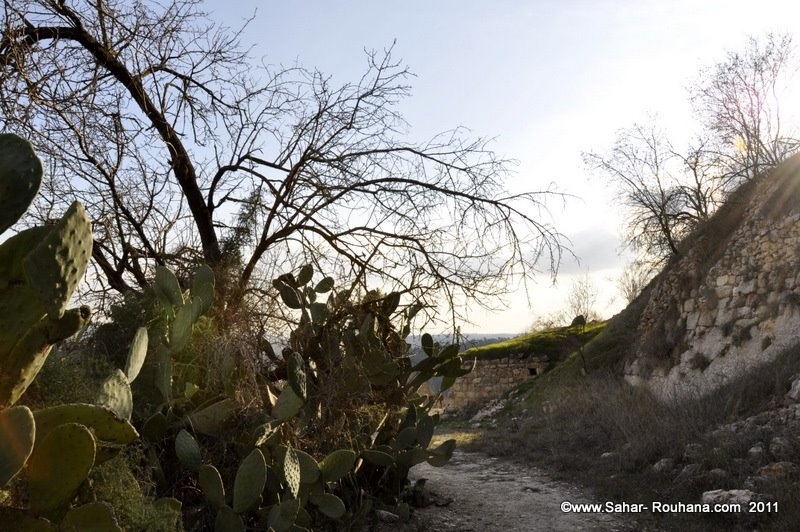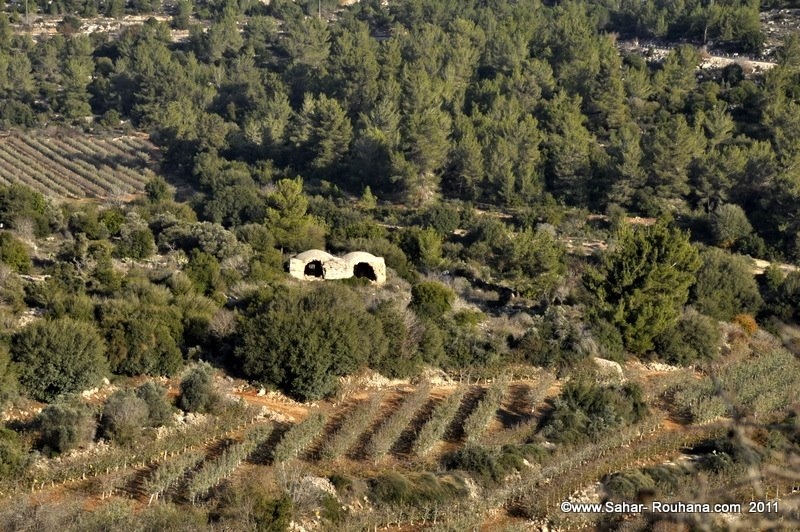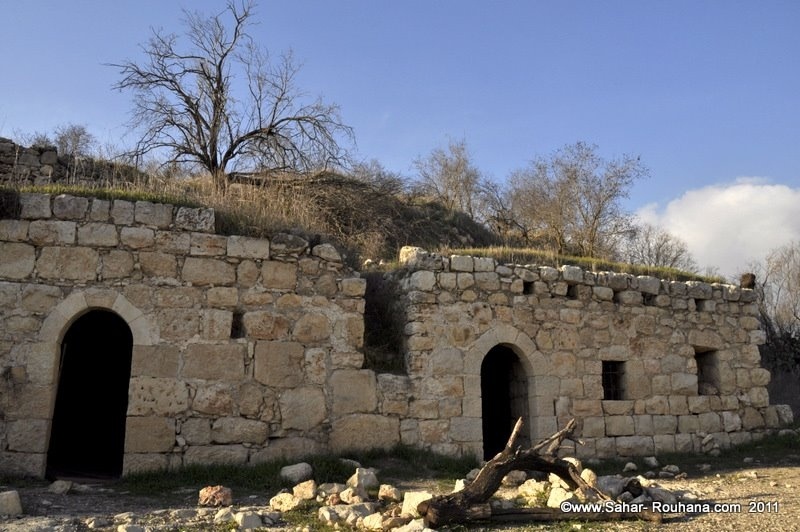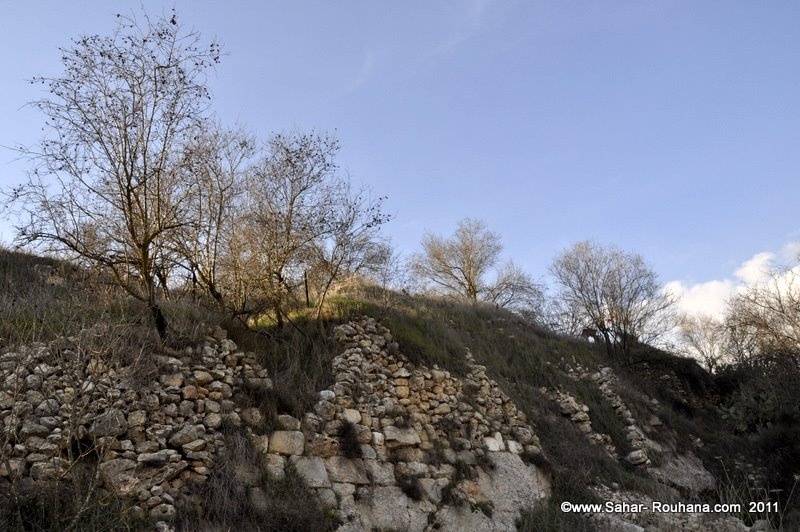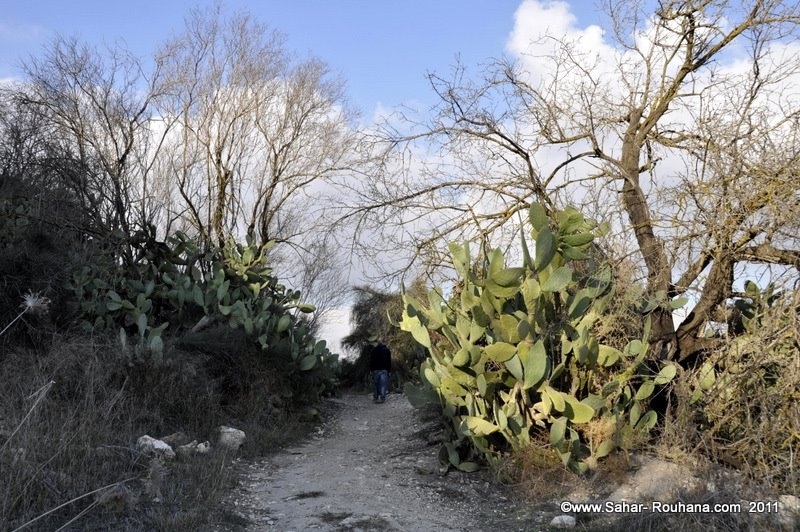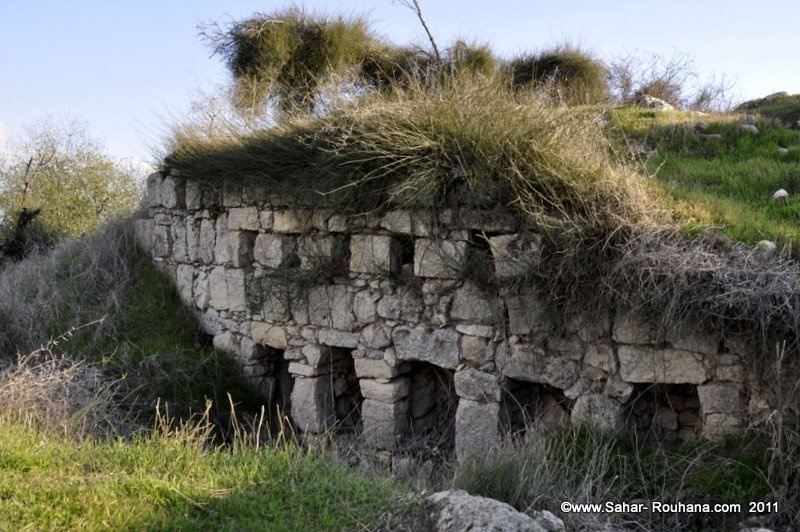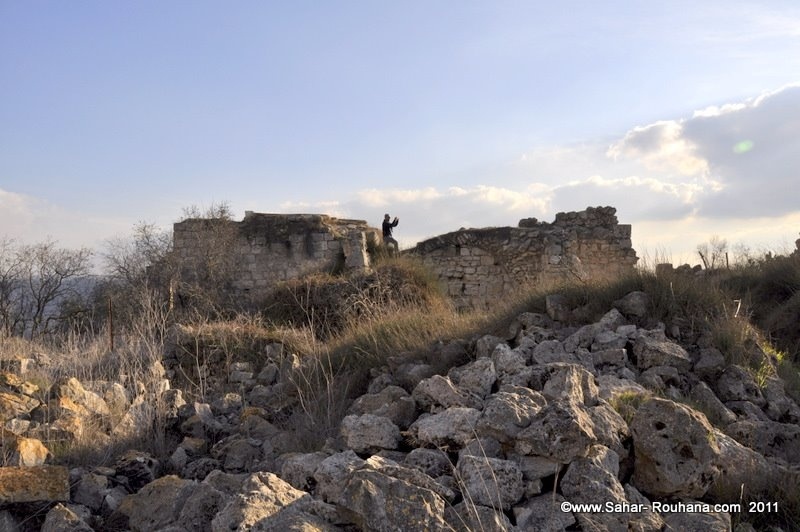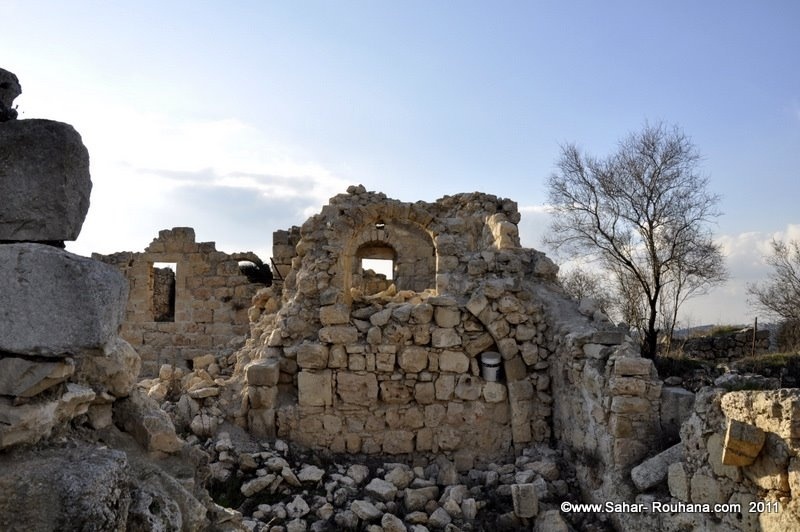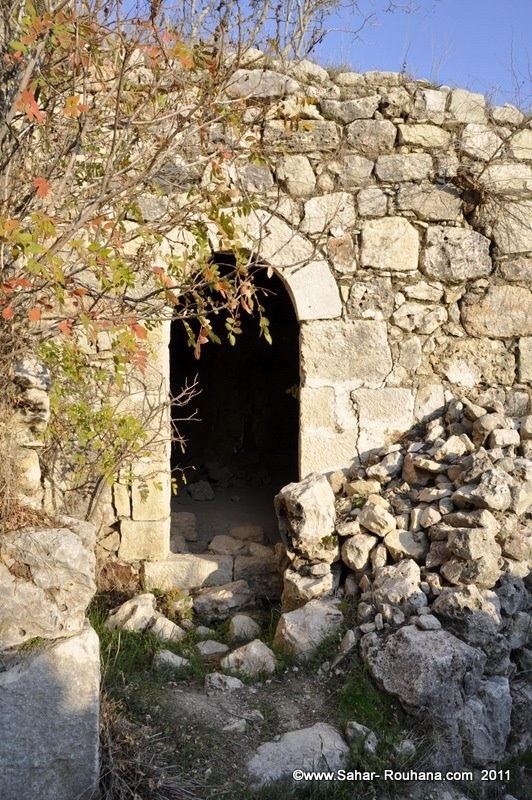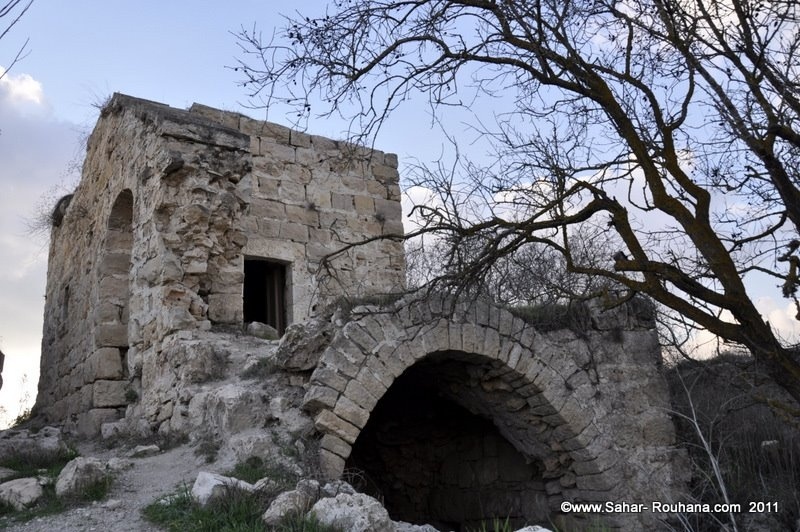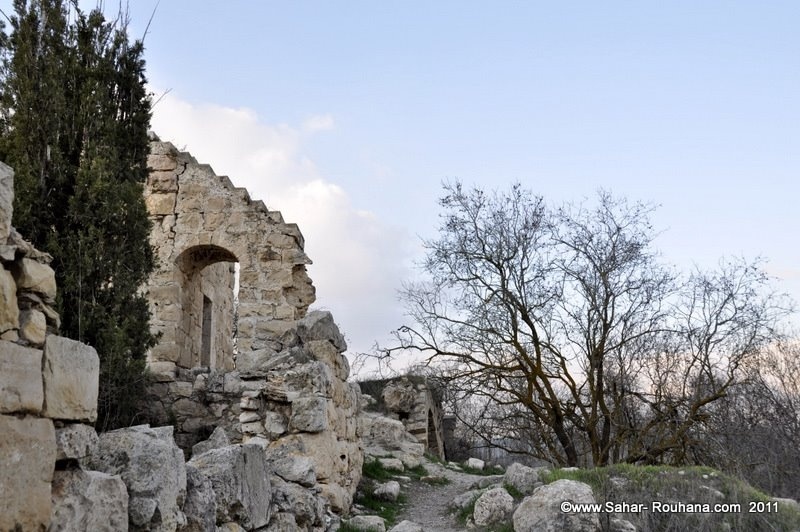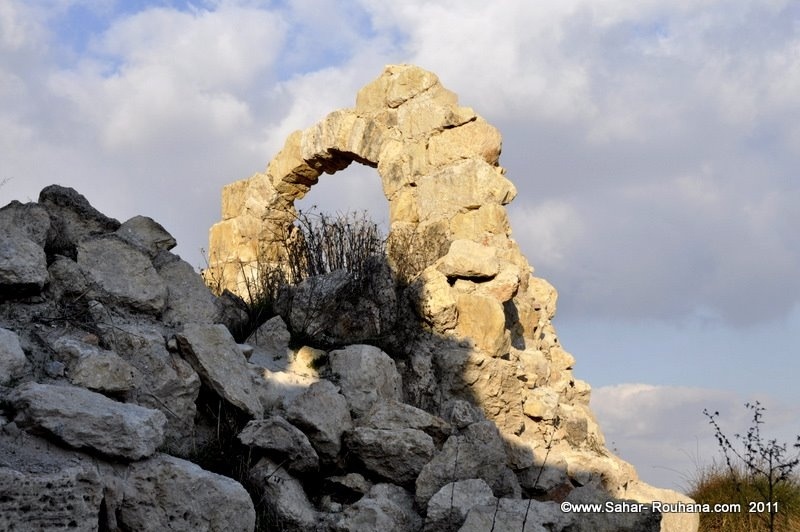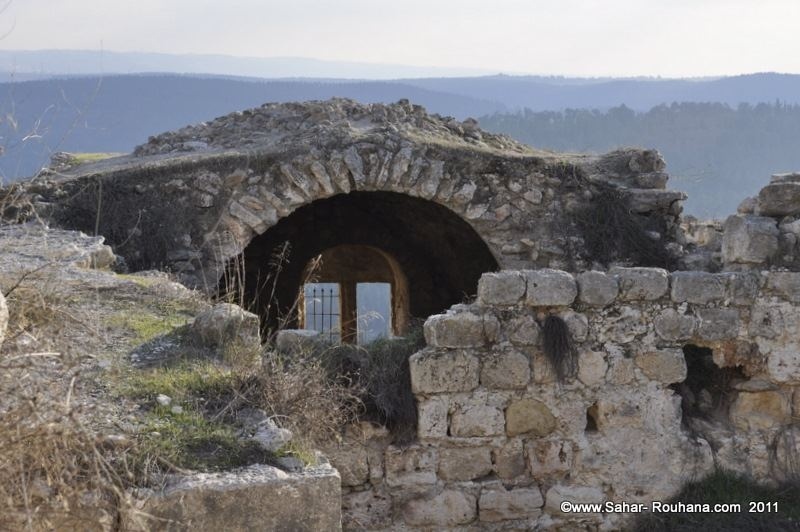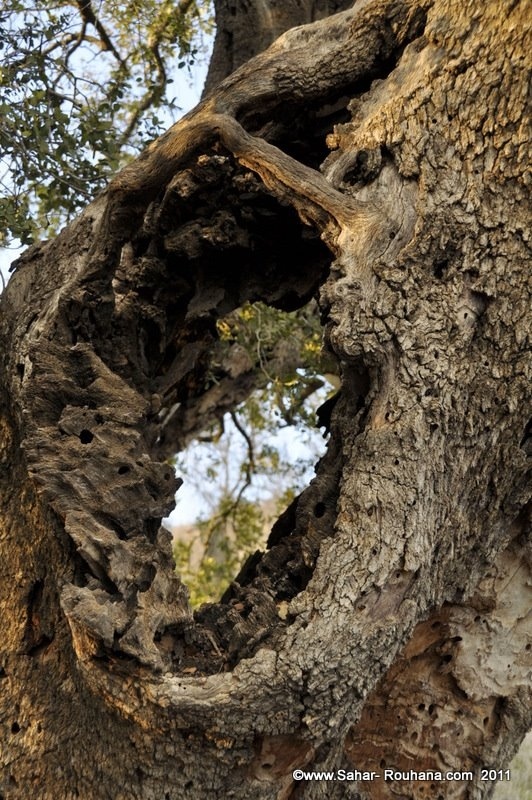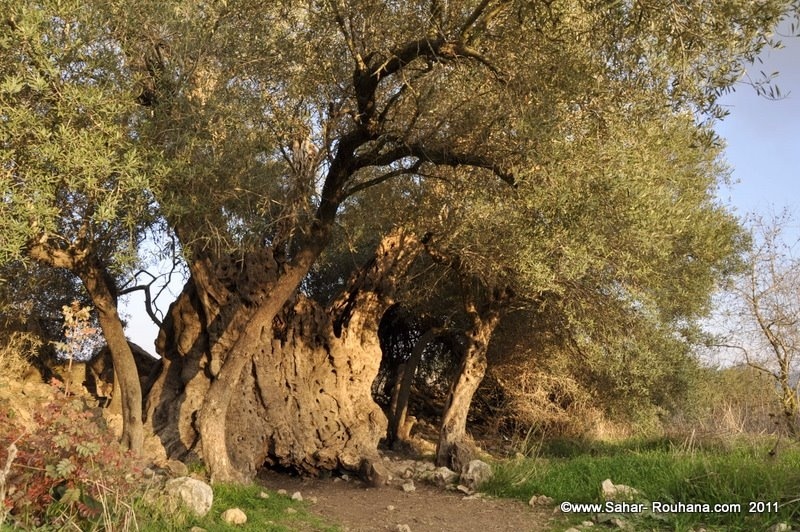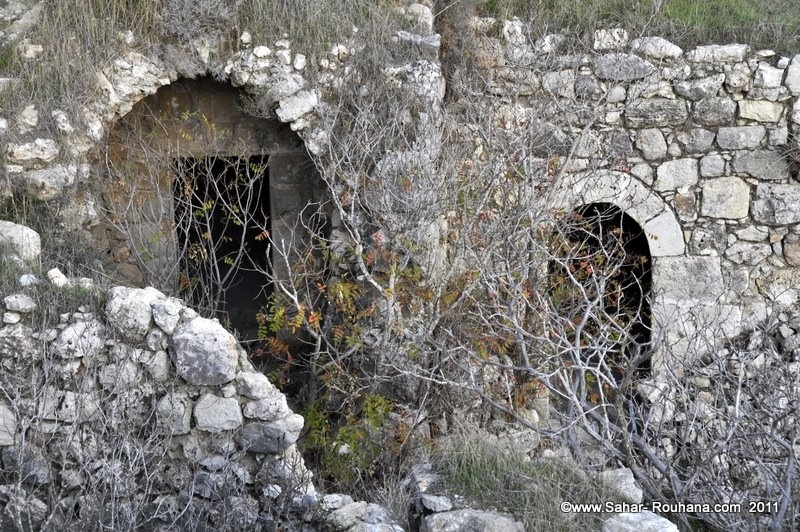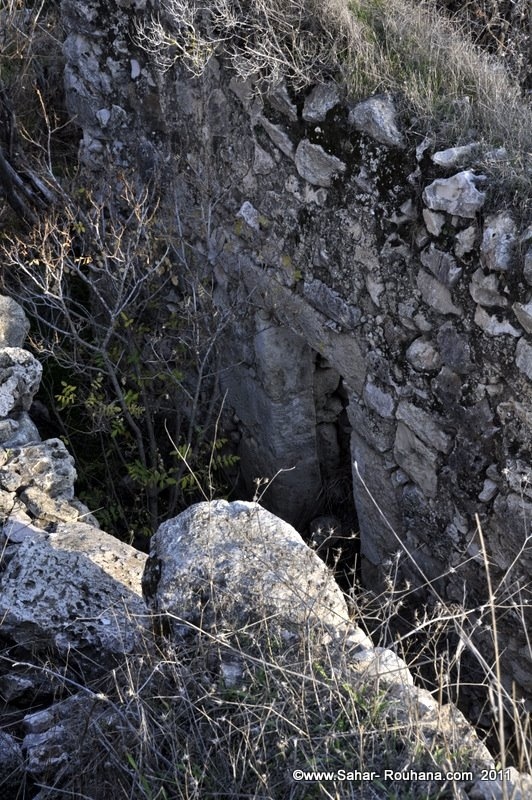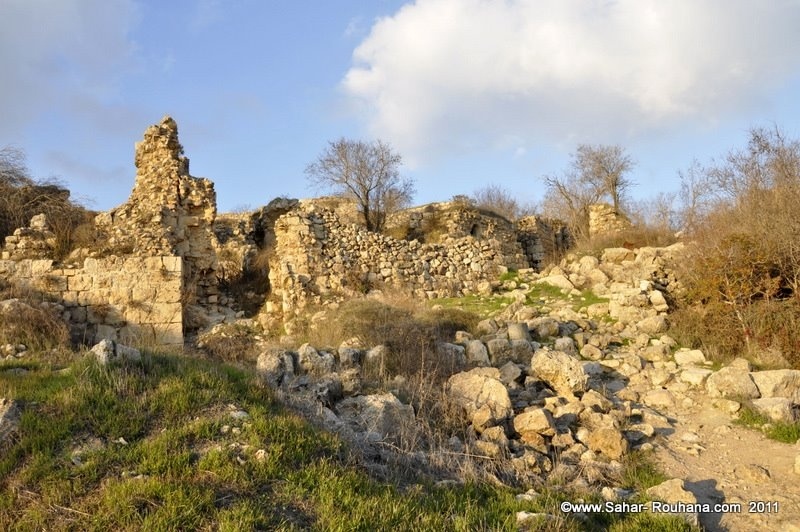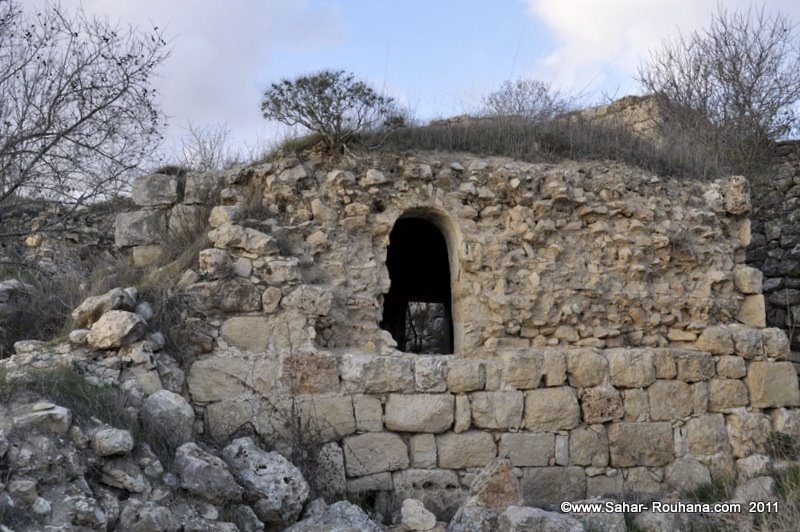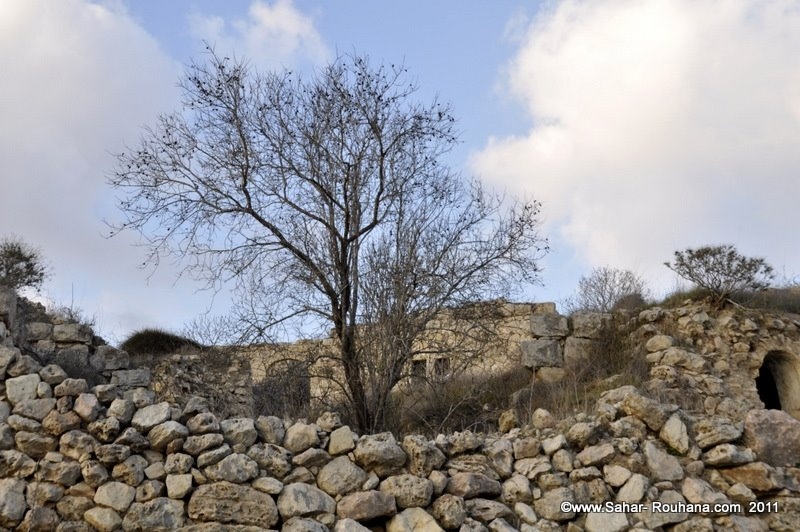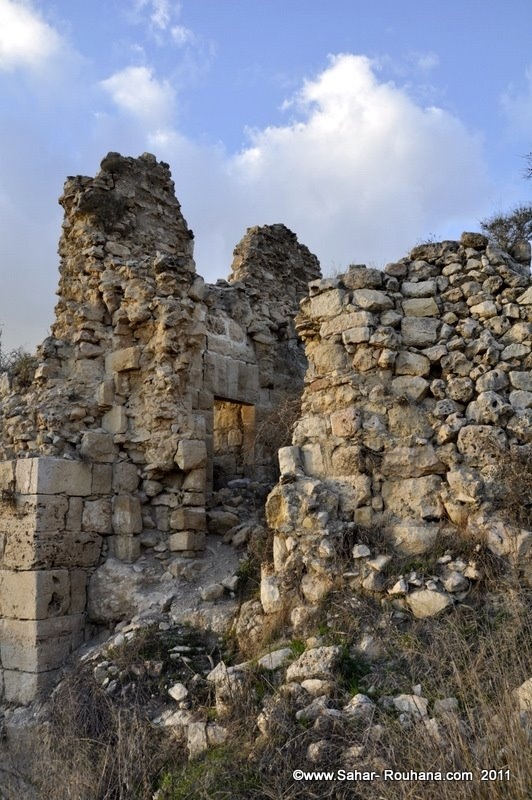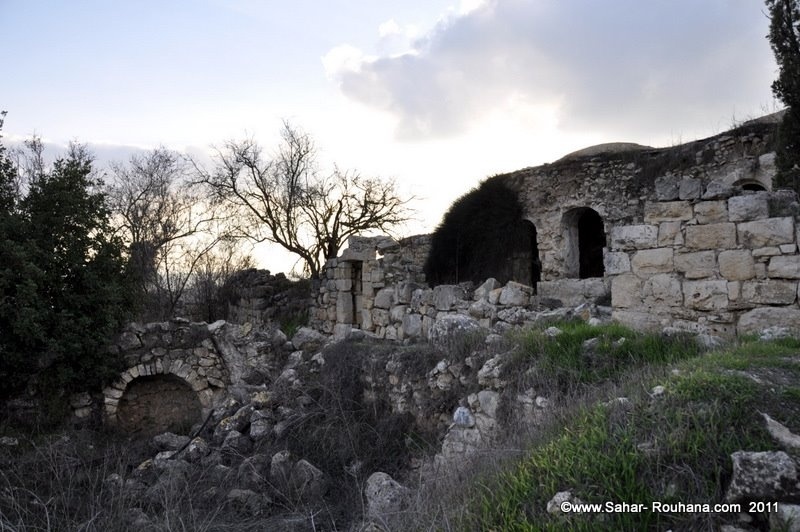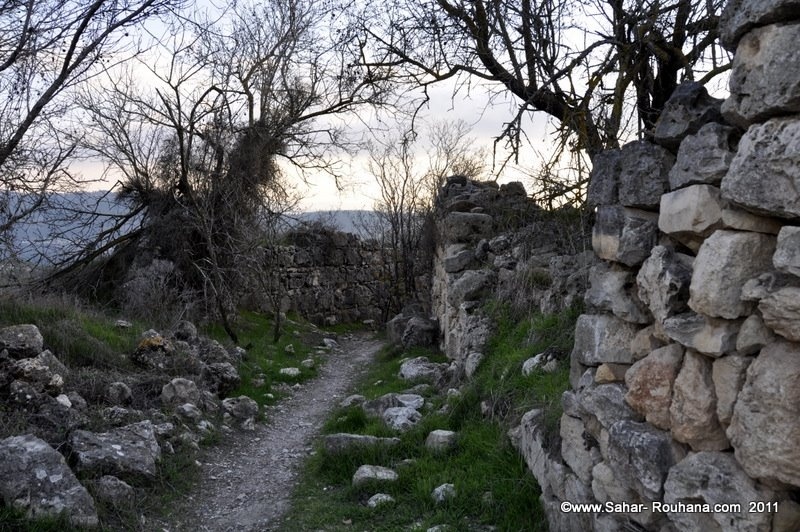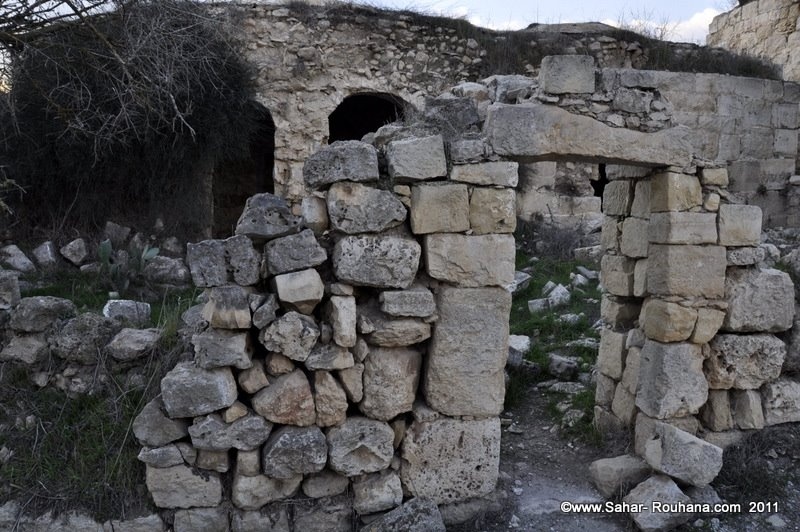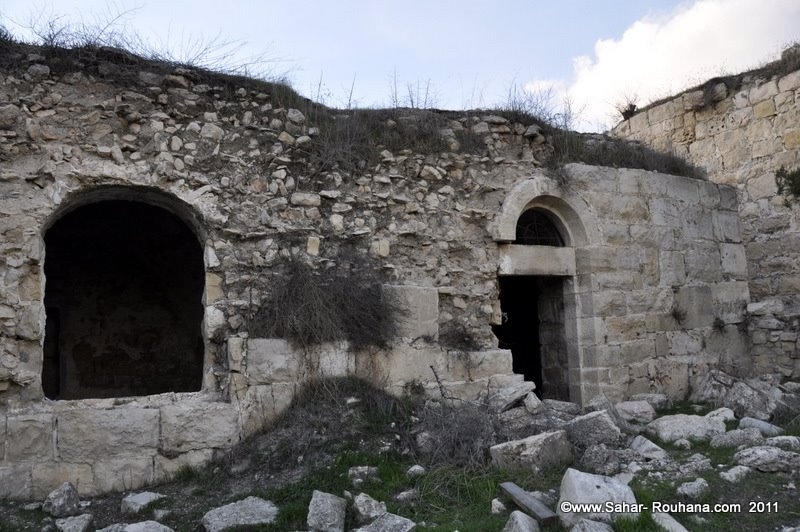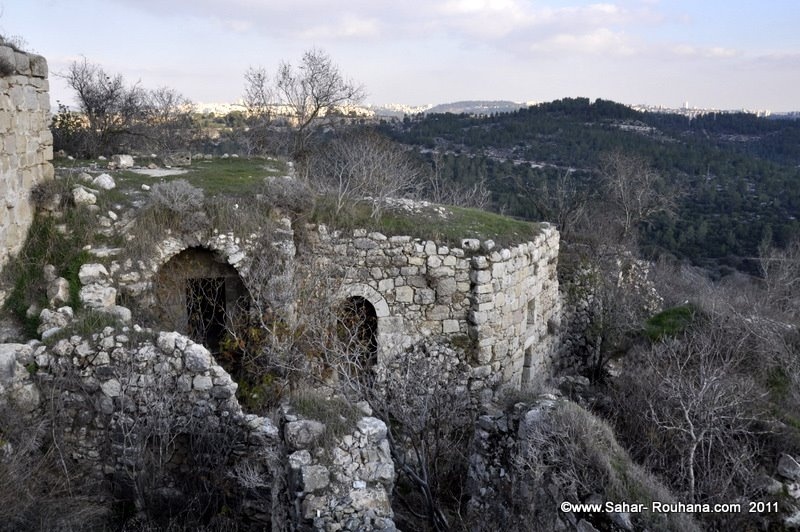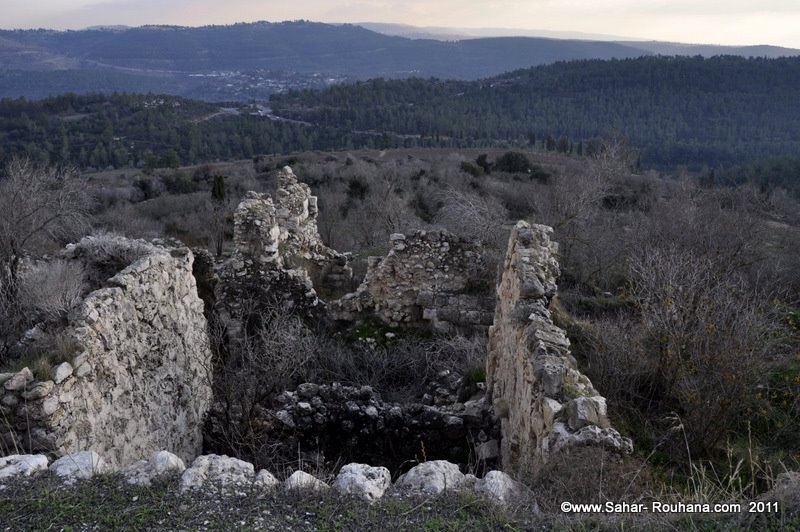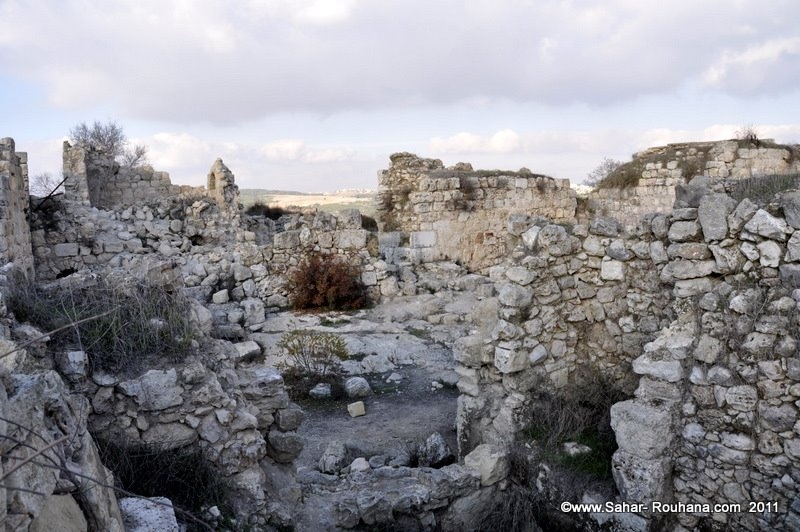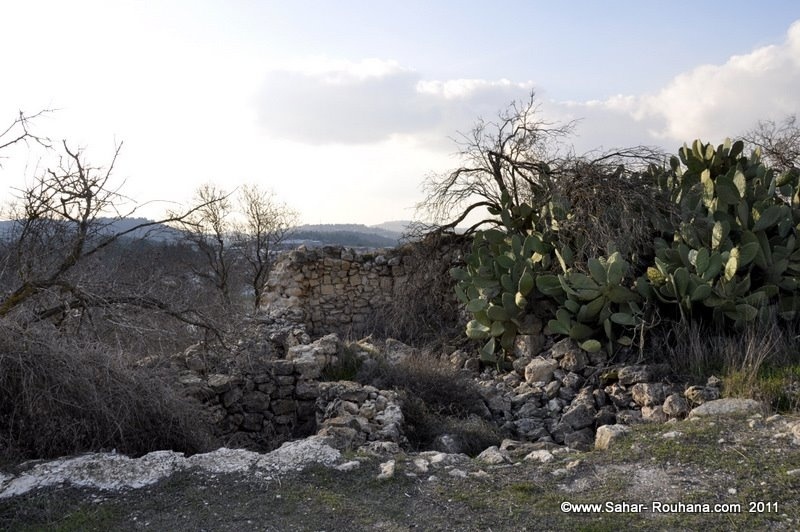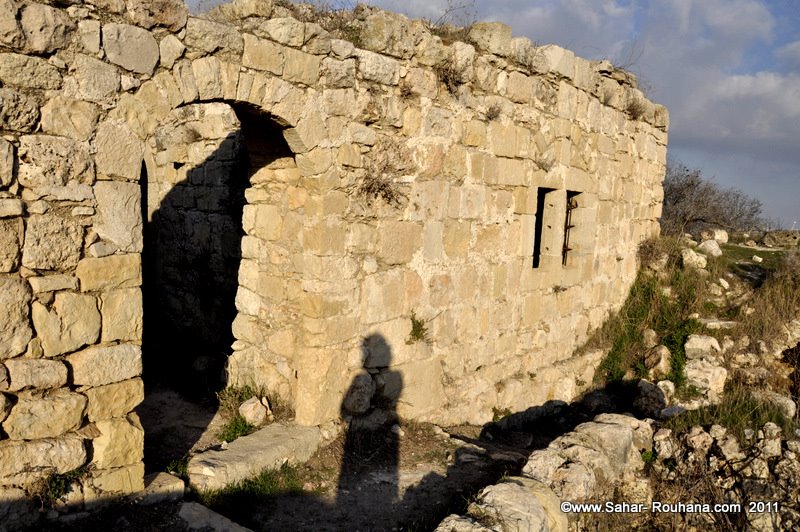Info
District: al-Quds (Jerusalem)
Population 1948: 720
Occupation date: 13/07/1948
Occupying unit: Har'el (palmah)
Jewish settlements on village/town land before 1948: None
Jewish settlements on village/town land after 1948: Tsuba
Background:
Suba, like the rest of Palestine, was incorporated into the Ottoman Empire in 1517, and in the tax registers of 1596, there were 60 Muslim and 7 Christian families living there. The village economy relied on wheat, barley, olives and grapes.
In the mid-nineteenth century, the village was controlled by the Abu Ghosh family. The Crusader walls and the fortifications they built in the village were destroyed by Ibrahim Pasha in 1834.
The French explorer Victor Guérin visited the village on 30 April 1863. An Ottoman village list of about 1870 showed that Suba had 33 houses and a population of 112, though the population count included only men.
In 1945 the population of Suba was 620, all Palestinians, who owned 4,082 dunams of land according to an official land and population survey. 1,435 dunams were plantations and irrigable land, 712 for cereals, while 16 dunams were built-up (urban) land.
During the 1948 War, the village was attacked several times by the Haganah, and finally conquered by the Palmach during the night of July 12–13 as part of Operation Danny. Most of the inhabitants had fled during the fighting, and those who remained were expelled.
In October 1948, the "Ameilim" group of Palmach veterans established a kibbutz called Misgav Palmach on village lands 1 km to the south. Later it was renamed Tzova.
Today Tel Tzova is a national park surrounded by the lands of the kibbutz. The ruins of the village are visible along with remains of Belmont Castle.
The history of the village of Suba is the subject of two books, one by Ibrahim ‘Awadallah published in Amman, Jordan in 1996, and another by Muhammad Sa’id Muslih Rumman in the West Bank, published in 2000.


